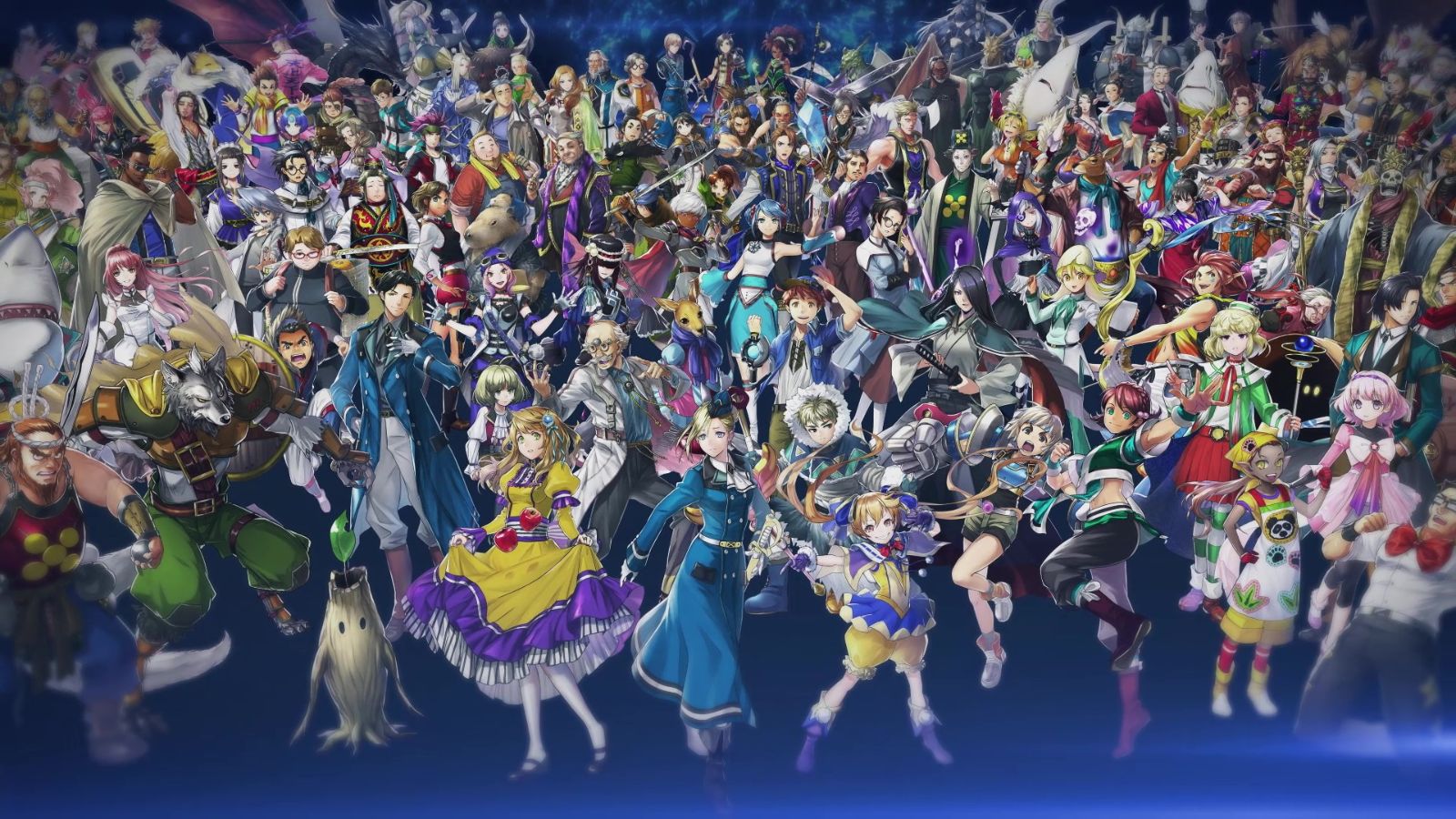| Developer: | Bear & Rabbit Studios |
| Publisher: | 505 Games |
| Genre: | JRPG, Indie, |
| Release: | April 23rd, 2024 |
| Price: | $49.99 ($79.99 with DLC Pass) |
| Where to buy: | Steam, Switch, XBOX, PSN, |
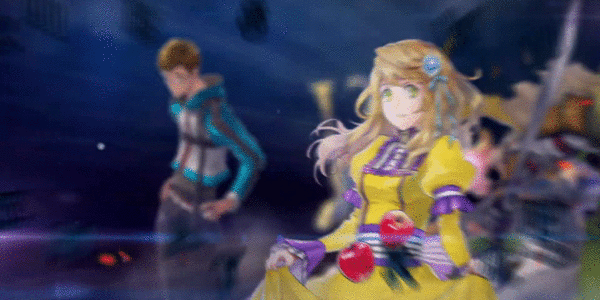
Eiyuden Chronicle: Hundred Heroes wears its inspiration on its sleeve. Developed by a team led by Yoshitaka Murayama, the creator of the beloved Suikoden series, Hundred Heroes aims to capture the magic of those classic JRPGs. It succeeds in many ways, offering a charming story, a delightful cast of characters, and a deep base-building system. However, Hundred Heroes also stumbles under the weight of some outdated design choices.
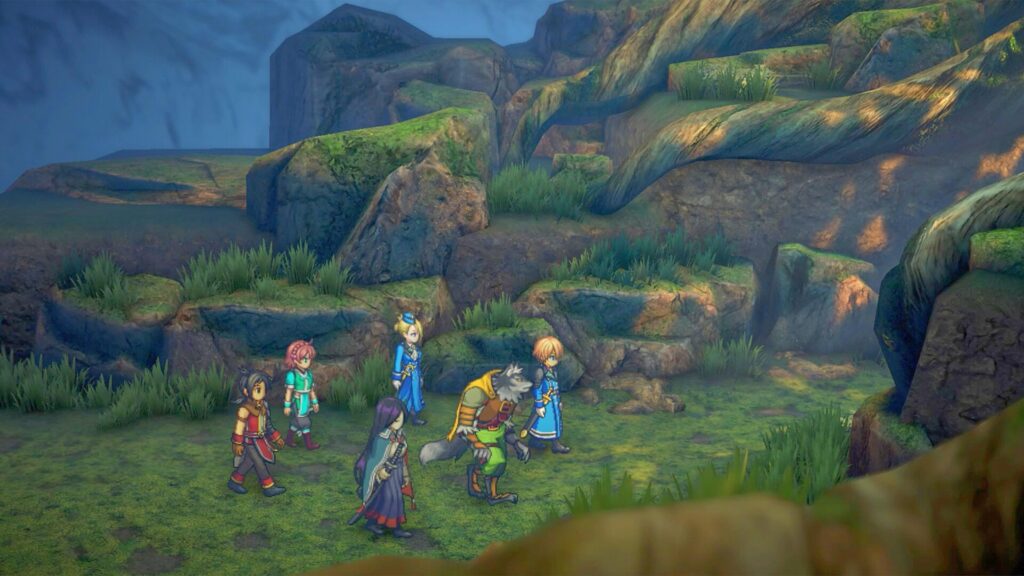
The narrative follows Nowa, a member of a mercenary group caught in a brewing conflict. The plot itself is fairly standard JRPG fare, but it’s elevated by the strong character writing. The cast is full of memorable personalities, from the gruff veteran Seign to the enthusiastic chef Segiri. Their interactions are filled with humor and heart, making you genuinely invested in their well-being.
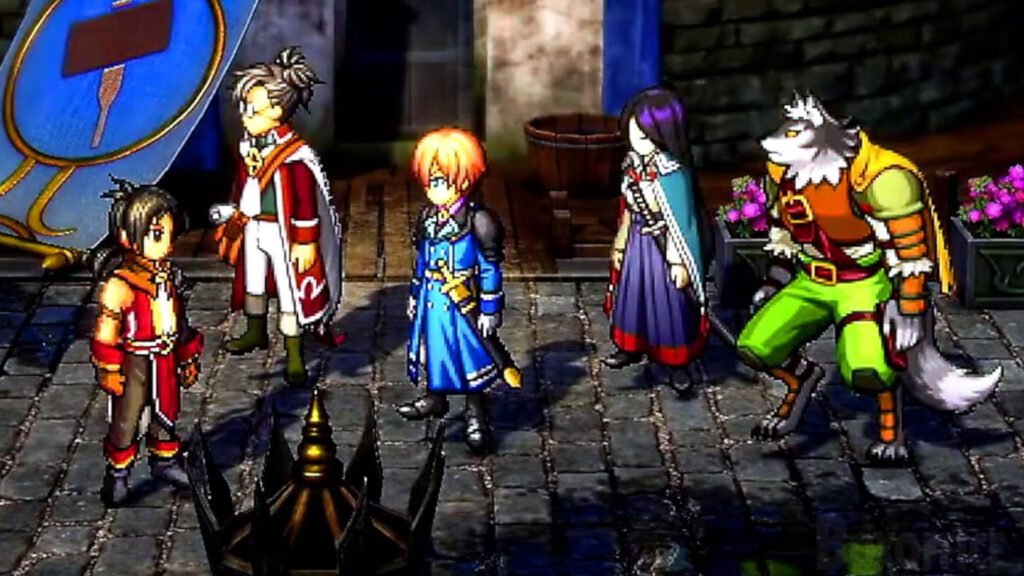
The core gameplay loop revolves around completing quests, building your home base (known as New Neve), and recruiting new characters to your cause. Hundred Heroes boasts a massive roster, each with their own unique skills and personalities. This system brings back fond memories of Suikoden‘s castle building, offering a satisfying sense of community building.
Combat:
- War Mode: The core of combat revolves around “War Mode.” You control a party of six characters but can freely switch between them in real-time. This allows for strategic combinations and chain attacks. Mastering party composition and timing becomes crucial in tougher fights.
- Skills and Customization: Each character has unique skills and abilities that unlock and upgrade as they level up. You can equip them with different gear and items to further personalize their playstyle.
- Link Attacks: A key feature is “Link Attacks,” where characters can combine their abilities for devastating combos. This adds a layer of depth and encourages experimentation with different party formations.
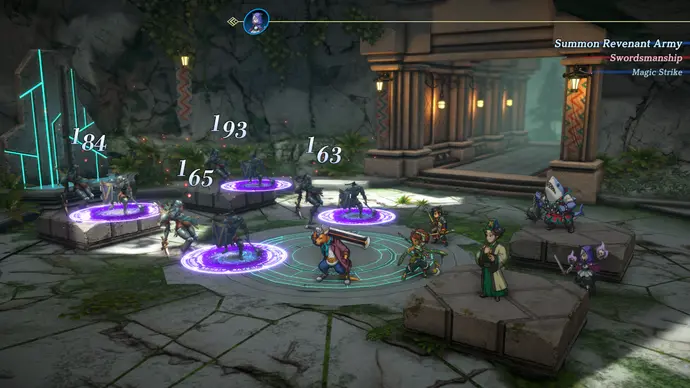
Base Building (New Neve):
- Recruitment: One of the game’s central features is recruiting a massive cast of over 100 characters. You encounter them throughout the story or by completing quests. Each character brings their own skills and personality to your home base, New Neve.
- Town Management: New Neve is more than just a pretty backdrop. You can develop various facilities like shops, blacksmiths, and inns. These facilities not only provide benefits but also unlock side quests and stories for your recruited characters. Upgrading them further enhances their abilities and contributions.
- Crafting and Commerce: New Neve thrives on a bustling economy. You can gather materials, craft items, and trade with other regions. This adds a layer of resource management and allows you to customize your base’s functionality.
Exploration and Quests:
- World Exploration: While vast, the world map can feel empty at times. Exploration focuses on completing quests and encountering random battles. Some areas offer hidden secrets and treasures to discover.
- Dungeons: Dungeons are a staple of JRPGs, and Hundred Heroes features them prominently. However, they can be repetitive and frustrating due to backtracking.
Combat is a real-time affair with a twist: you can freely switch between your six party members on the fly. This “War Mode” adds a layer of strategic depth to battles, but it can also feel clunky at times. Balancing the party and managing their skills becomes crucial in tougher encounters.
Eiyuden Chronicle: Hundred Heroes is a clear successor to the Suikoden series, particularly Suikoden 2. I replayed a bit of both games, refreshing my memory, hyping myself up to getting a round to play Hundred Heroes. Here’s a breakdown of how they compare:
Similarities:
- Story and Themes: Both games feature a grand narrative of rebellion against a corrupt empire. They emphasize themes of friendship, unity, and building a haven for the downtrodden.
- Character Recruitment: A core element in both games is recruiting a vast cast of characters, each with their own stories and motivations. This fosters a sense of community building and investment in the world.
- Base Building: Both Suikoden and Hundred Heroes feature a central base that serves as your home and grows as you recruit more characters. This base offers various functionalities like shops, training grounds, and side quests.
- Combat: Both utilize turn-based combat systems with strategic elements. In Hundred Heroes, the real-time “War Mode” adds a twist to the familiar formula.
Differences:
- Combat System: Suikoden employs a more traditional turn-based combat system, while Hundred Heroes introduces real-time switching between characters.
- World Design: Suikoden offers a more condensed and detailed world map, while Hundred Heroes boasts a vast but sometimes empty one.
- Technical Aspects: Suikoden, being older titles, naturally have less advanced graphics and sound design compared to Hundred Heroes.
- Story Tone: Suikoden 2, in particular, is known for its darker and more mature themes compared to the generally lighter tone of Hundred Heroes.
However, nostalgia can only take you so far. Hundred Heroes suffers from some design decisions that feel archaic. The world map is vast but empty, offering little to explore besides random encounters. Dungeons are repetitive and often filled with frustrating backtracking.
Verdict
Eiyuden Chronicle: Hundred Heroes is a double-edged sword. Fans of classic JRPGs, particularly the Suikoden series, will find a lot to love here. The story and characters are charming, and the base-building mechanics are deeply engaging. However, those expecting a modern take on the genre will likely be frustrated by the outdated design choices and technical shortcomings. Ultimately, Hundred Heroes is a love letter to a bygone era of JRPGs, but it’s a love letter with a few wrinkles. This will appeal to those gamers who wanted more of what they loved from the Suikoden series, while newer generation gamers will misunderstand the said choices. With that said, I implore you to go and grab a copy, as it is a new generational classic!
